Analyzing Social Movements: A Conceptual Framework
VerifiedAdded on 2022/08/12
|5
|781
|45
Project
AI Summary
This assignment presents a conceptual framework for analyzing social movements, focusing on the factors influencing their emergence and development. The framework emphasizes the importance of structural factors, including socioeconomic, political, and technological contexts, as well as the role of traditional and social media. It utilizes resource mobilization theory, highlighting how media platforms facilitate the mobilization of social movements. The framework outlines the antecedents, instrumental factors, and agenda of social movements, as well as international responses. The student's work provides a visual representation of the framework, demonstrating the relationships between these elements. The framework is designed to be a tool for analyzing the traits, characteristics, or development of many different social movements, not just a single movement. The assignment draws on relevant literature to support the framework's components.
1 out of 5
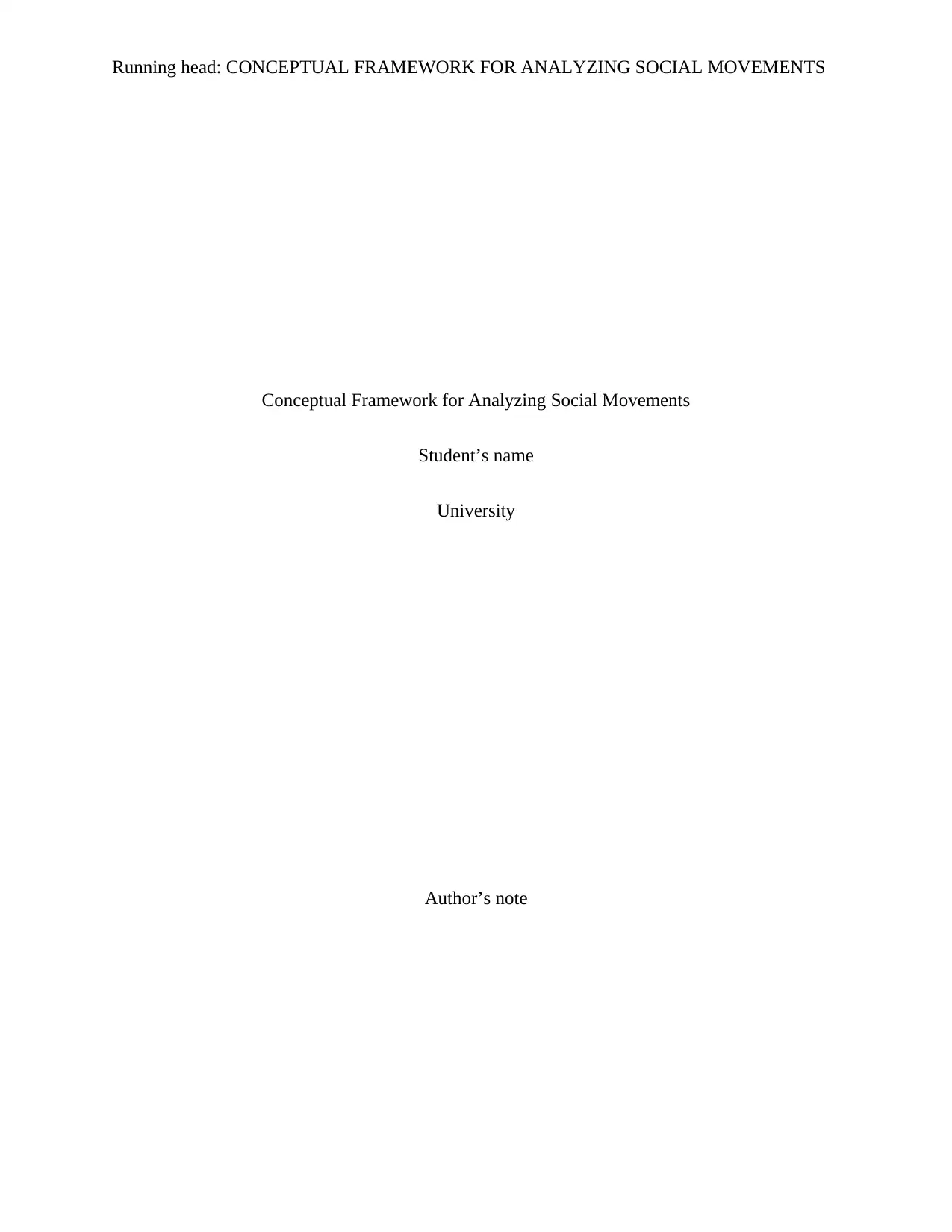
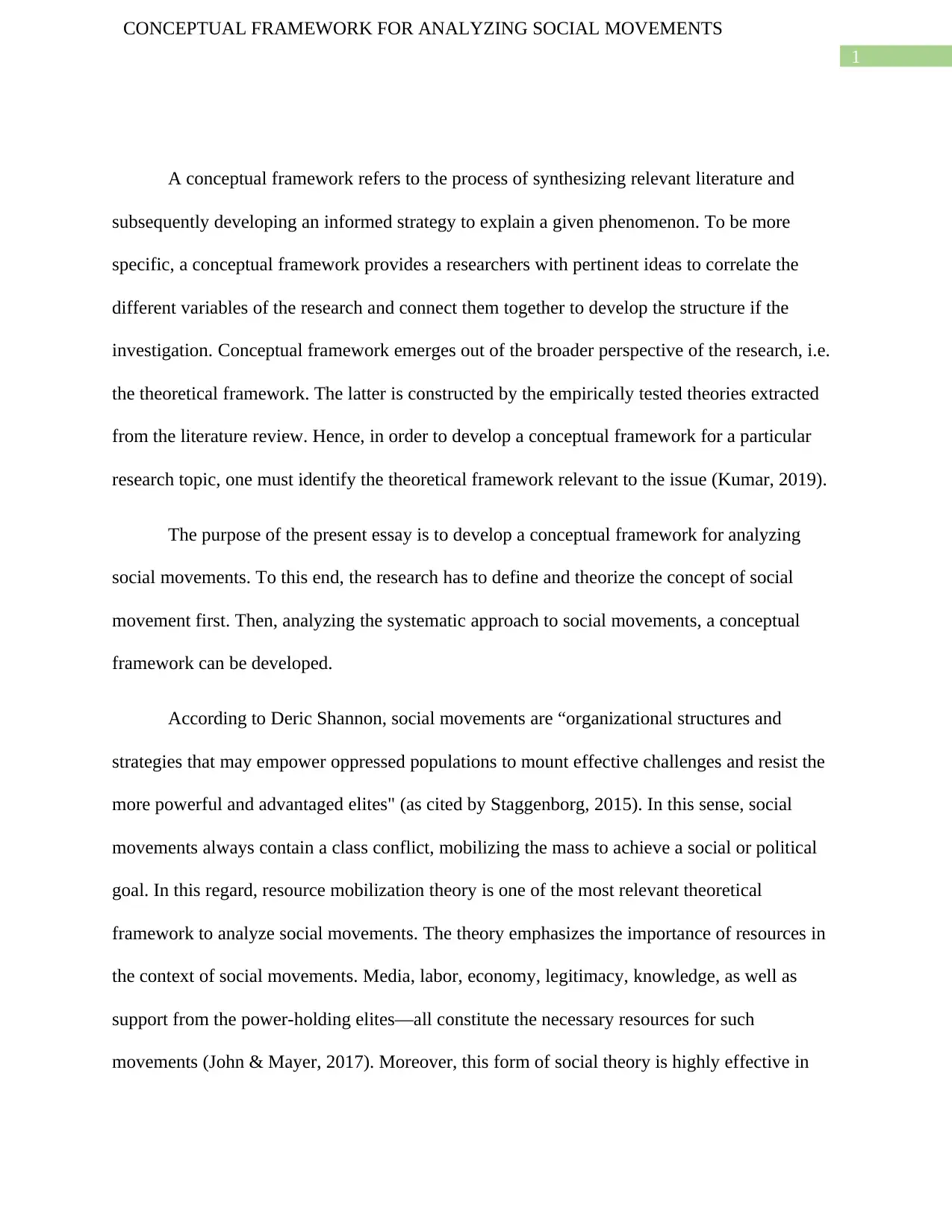
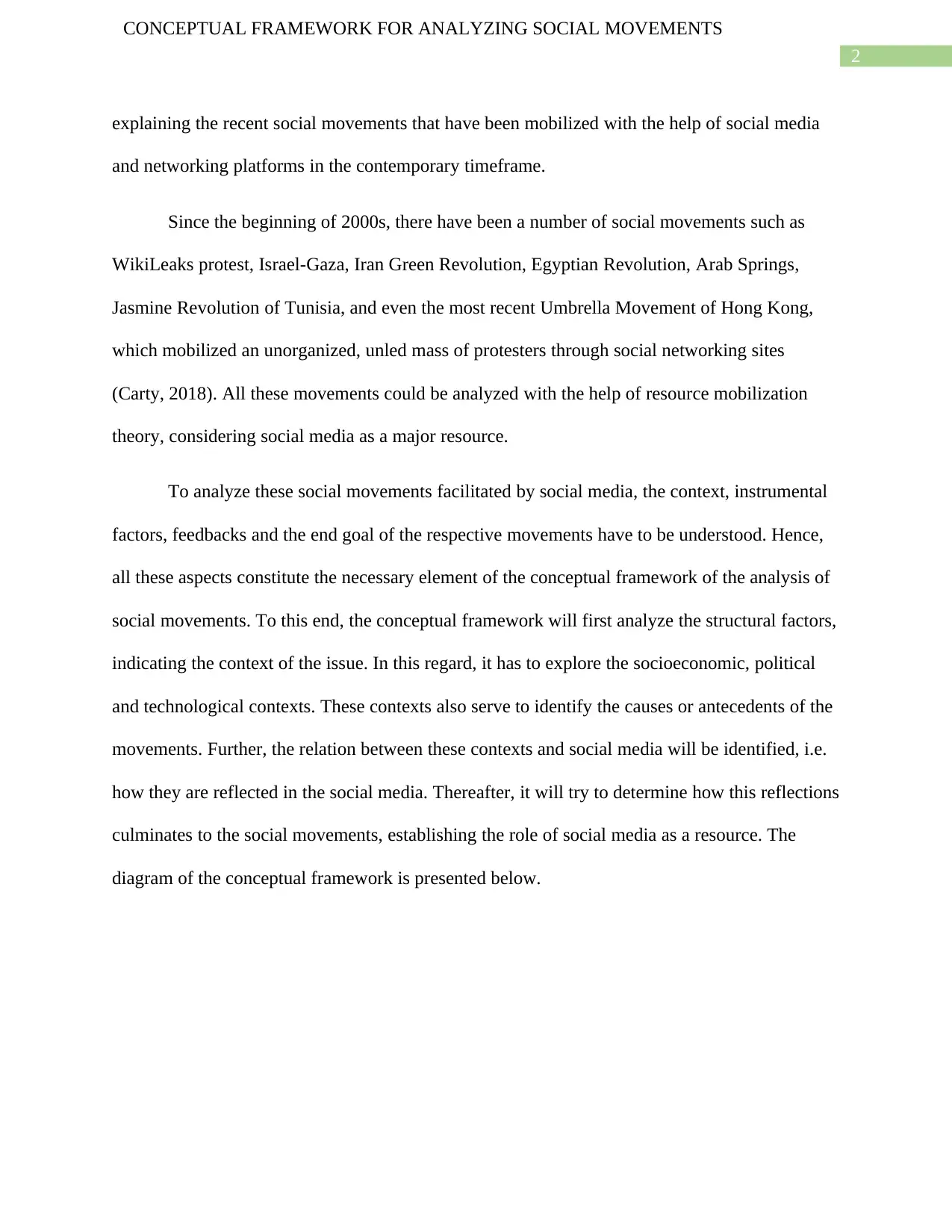

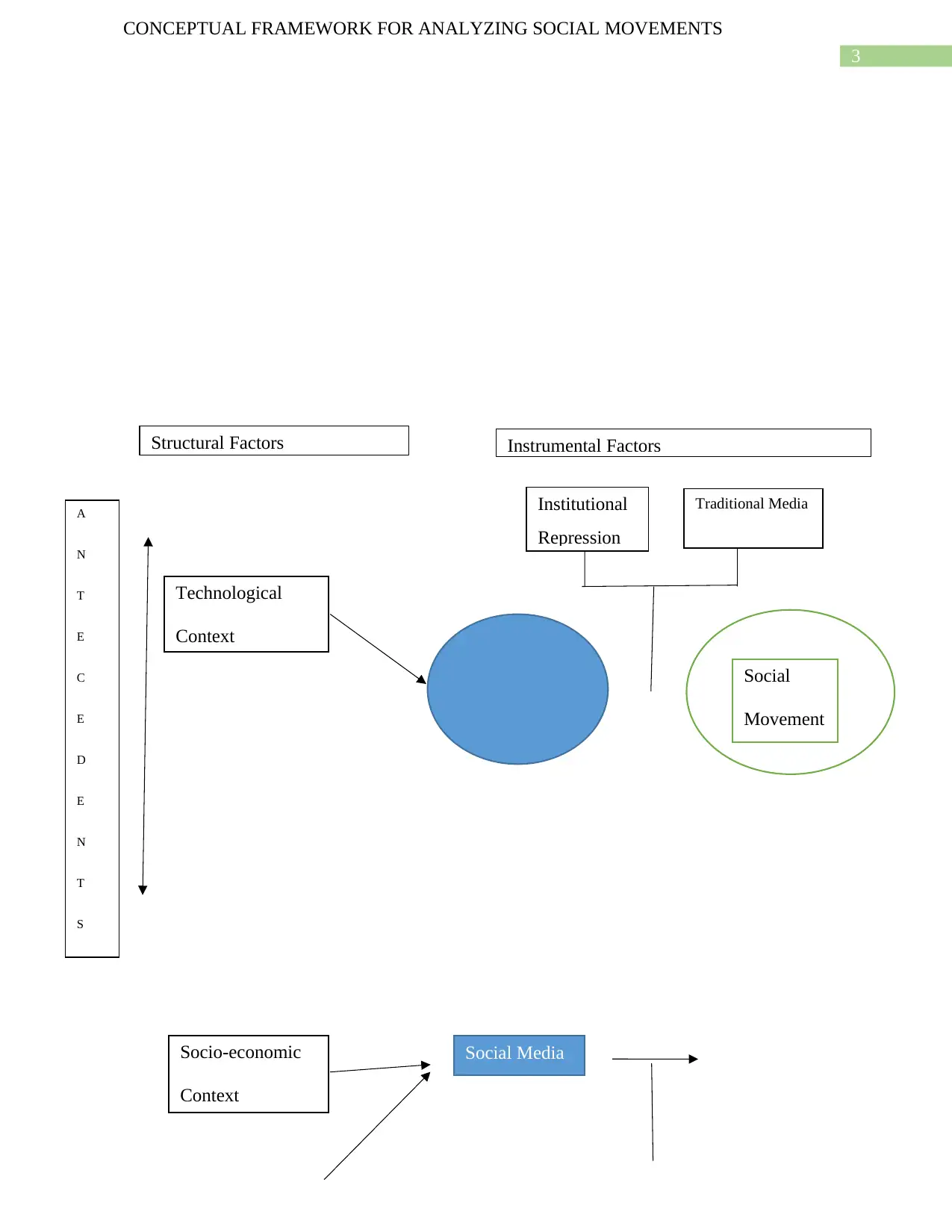
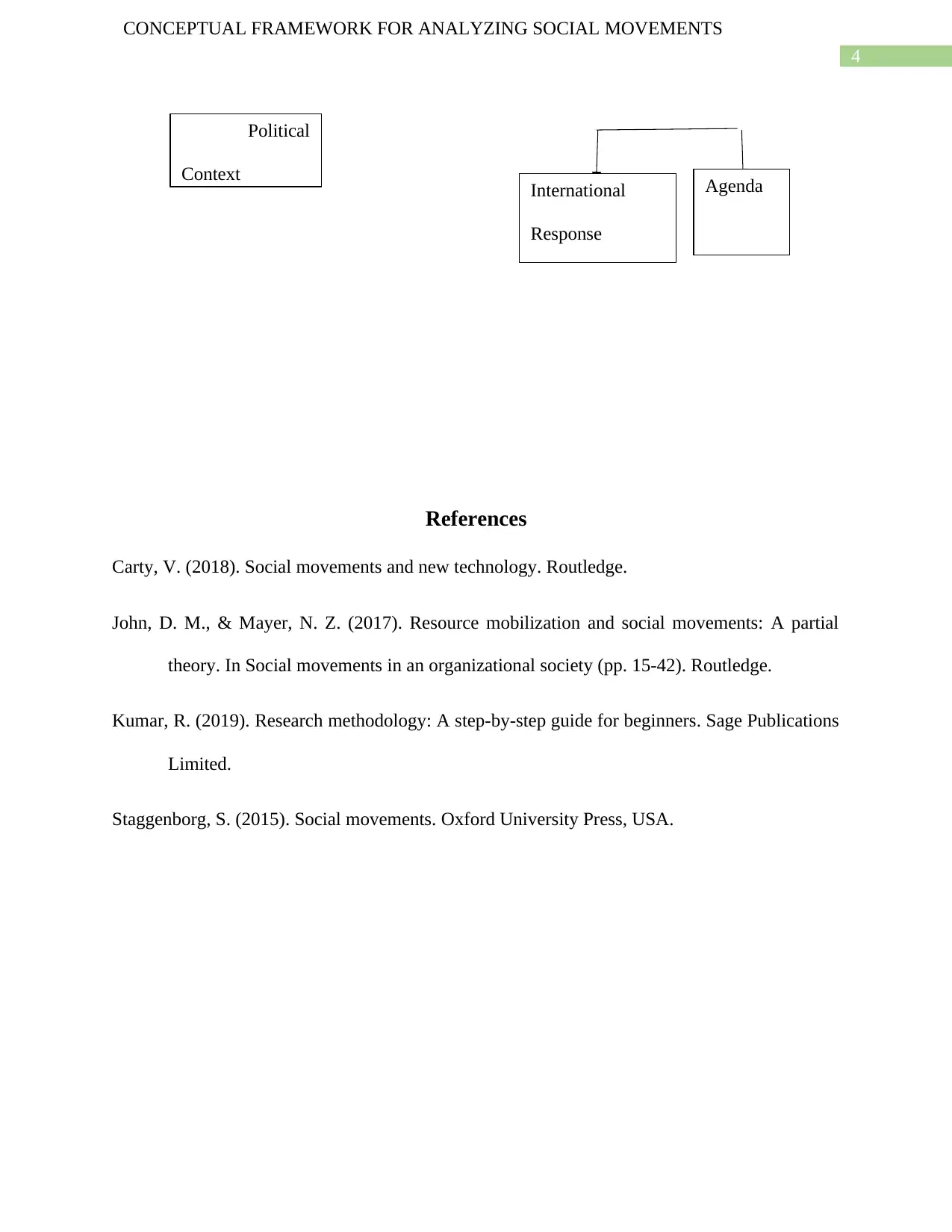






![[object Object]](/_next/static/media/star-bottom.7253800d.svg)